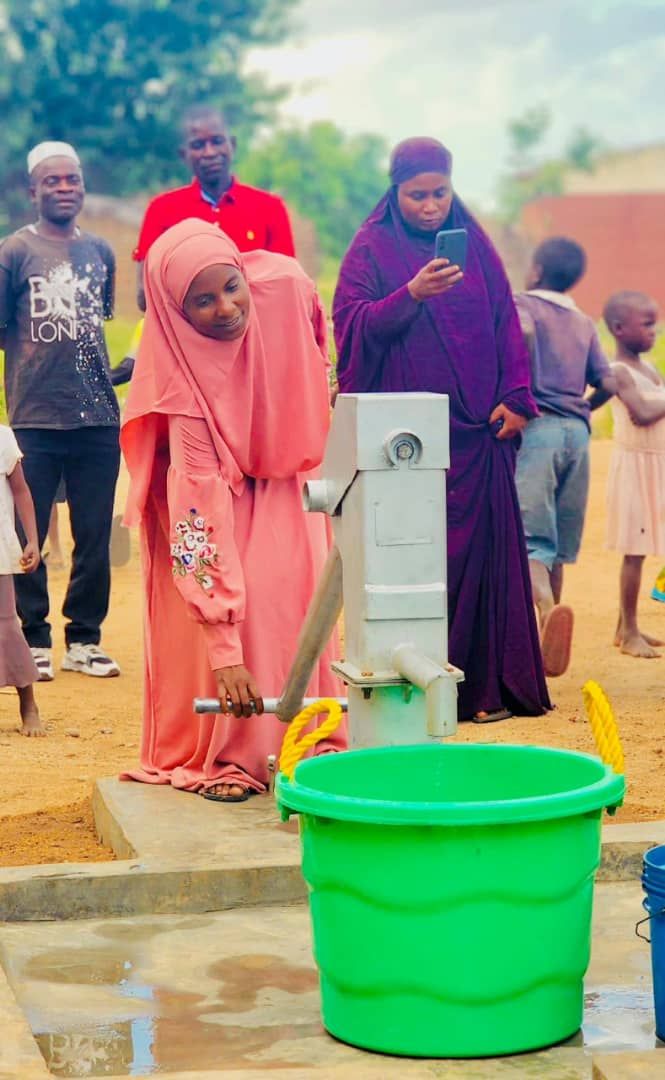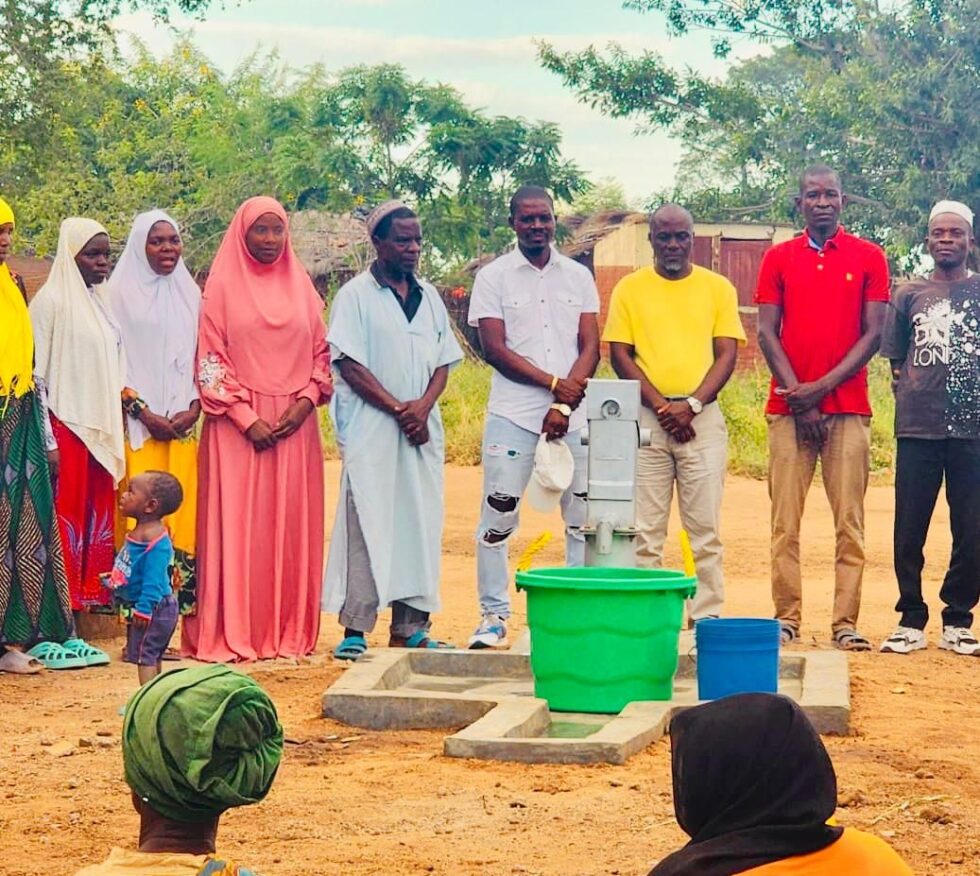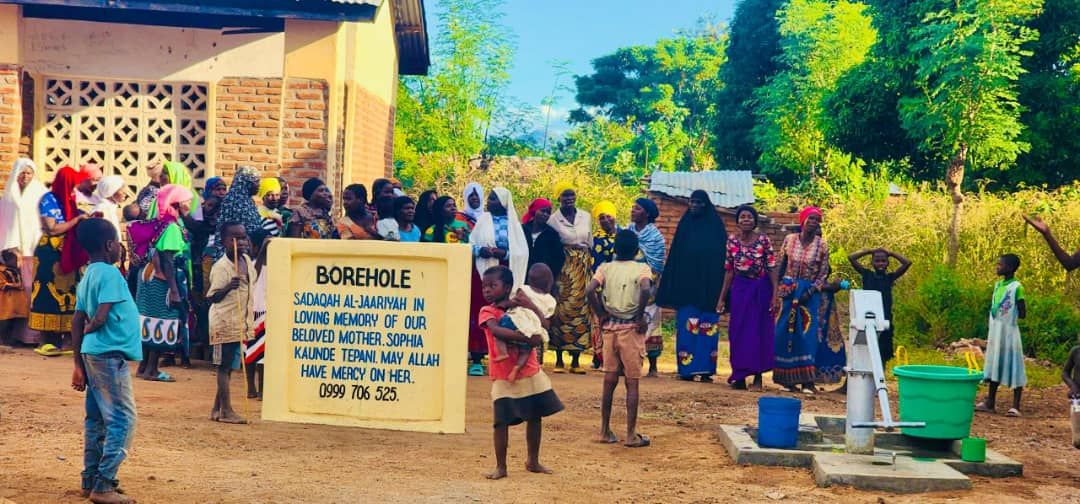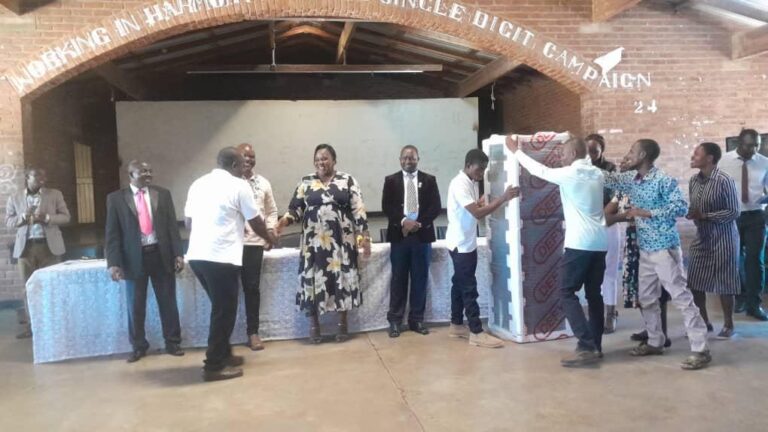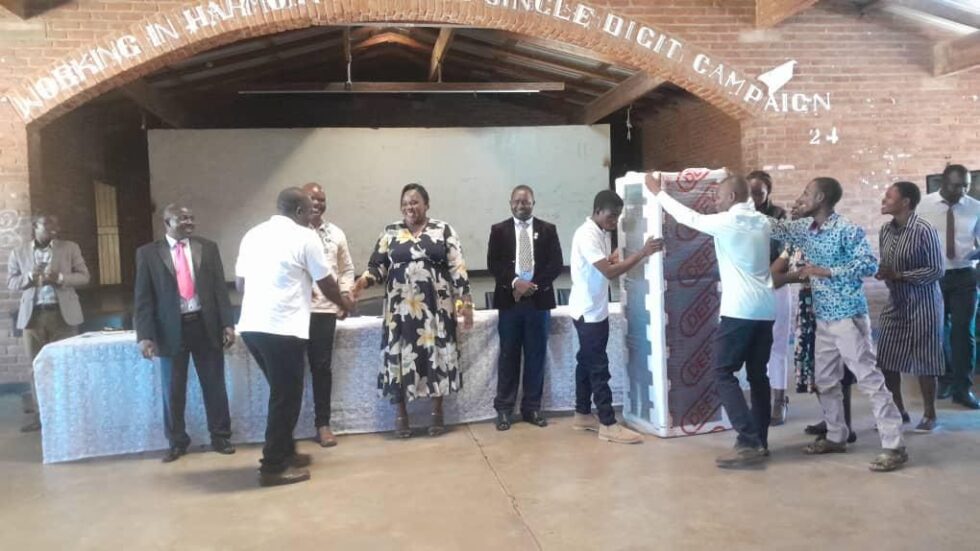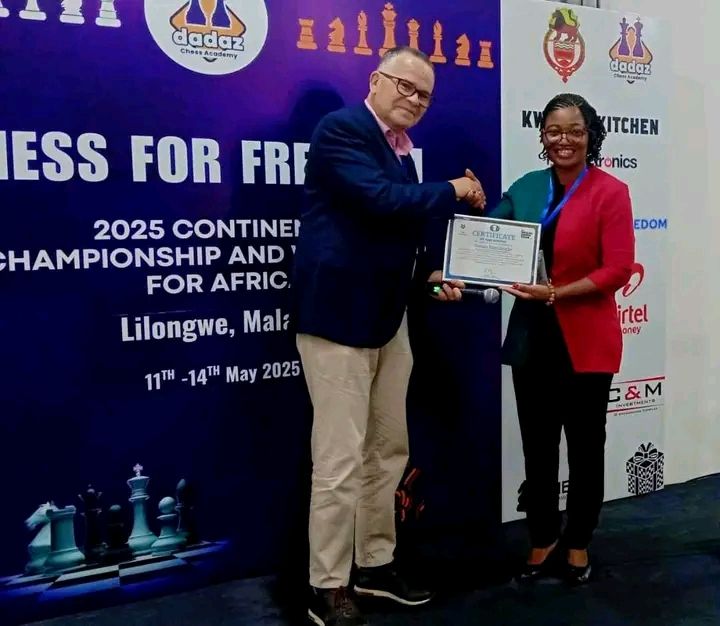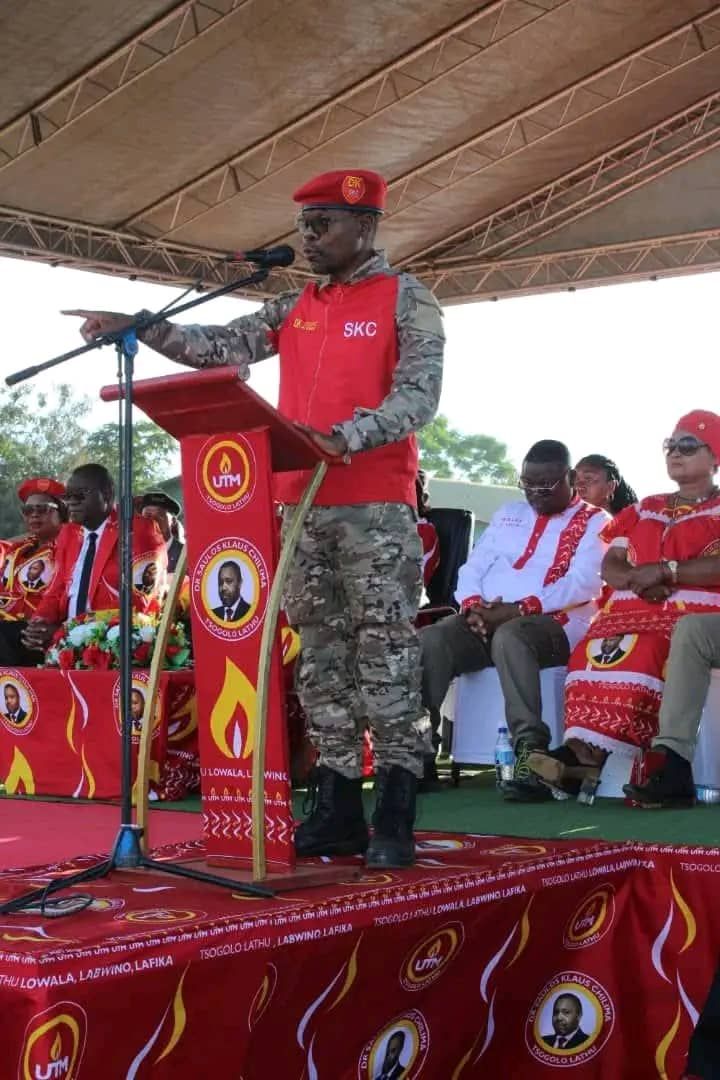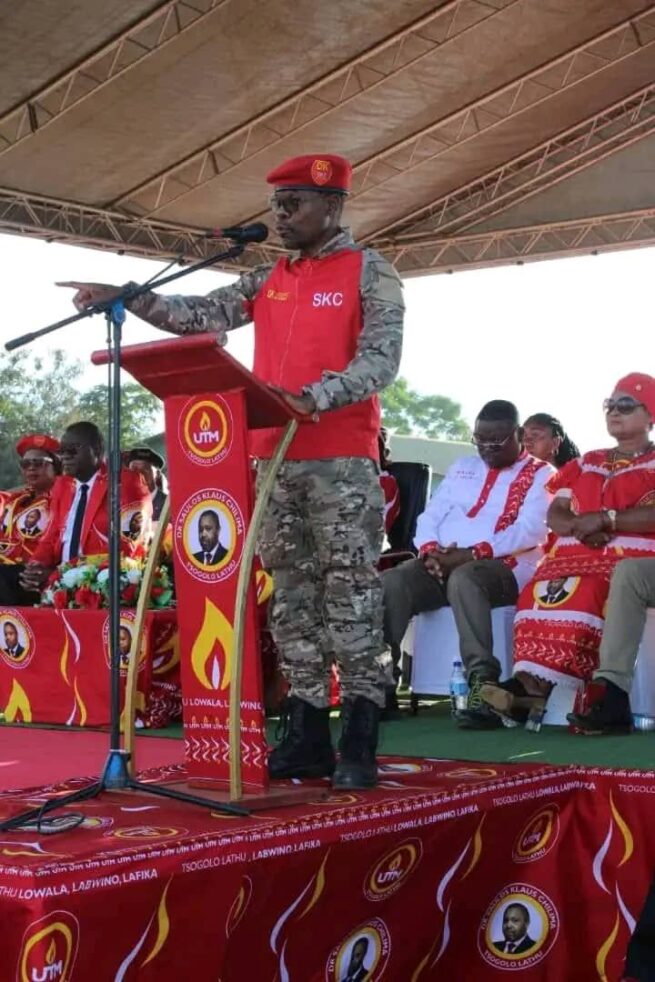By Jones Gadama
The recent parliamentary primary elections for the Malawi Congress Party (MCP) in the Mzimba Central Constituency have unveiled a significant political shift, marked by the unexpected defeat of Vitumbiko Mumba.
Mumba, who had garnered considerable attention on social media platforms, managed to secure a mere five votes against Adamson Kuseri Mkandawire, a Presidential Advisor, who triumphed with a resounding 262 votes. This outcome raises critical questions about Mumba’s political viability and the effectiveness of his campaign strategies.
Was Mumba’s popularity merely a façade, bolstered by social media presence, or did underlying issues within the MCP contribute to his defeat? Furthermore, did the complaints he raised to the party go unresolved, impacting his standing among the constituents?
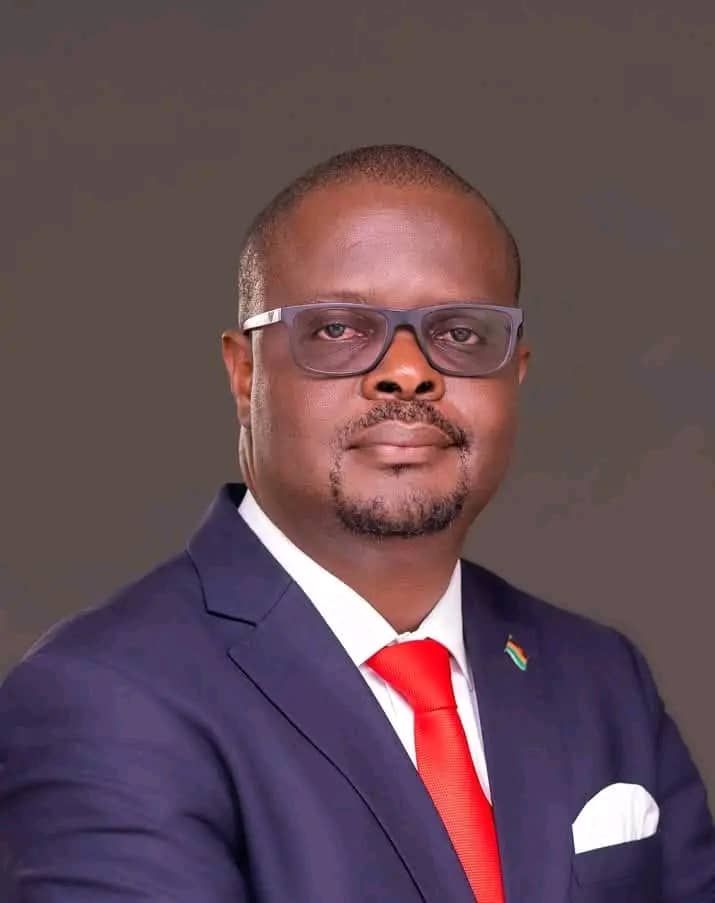
To understand the dynamics of this electoral defeat, it is essential to consider the broader context of Mumba’s political journey.
Mumba had positioned himself as a progressive voice within the MCP, advocating for change and engaging with the youth through various social media platforms. His online presence suggested a burgeoning popularity, particularly among younger voters who are increasingly turning to digital spaces for political discourse.
However, the stark contrast between his social media following and his actual electoral performance raises questions about the depth of his support within the constituency.
One possible explanation for Mumba’s dismal showing at the polls is the disconnect between online popularity and grassroots support.
While social media can amplify a candidate’s message and create an illusion of widespread backing, it does not always translate into tangible votes. In Mzimba Central, traditional forms of campaigning, such as door-to-door outreach, community engagement, and local endorsements, often hold more weight than online interactions.
Mumba’s reliance on social media may have alienated him from the very constituents he sought to represent, leading to a lack of genuine connection with voters on the ground.
Moreover, the political landscape in Malawi is characterized by deep-rooted loyalties and established networks. Mkandawire, as a Presidential Advisor, likely benefited from the party’s organizational machinery and the support of influential figures within the MCP.
His victory can be attributed not only to his political experience but also to the strategic advantages that come with being closely aligned with the party’s leadership.
In contrast, Mumba’s social media love status may have hindered his ability to mobilize support effectively, particularly in a constituency where established relationships and local knowledge are paramount.
The complaints raised by Mumba to the MCP prior to the primaries also warrant examination. It is not uncommon for candidates to voice grievances regarding the party’s internal processes, candidate selection, and resource allocation.
Mumba’s dissatisfaction with the party’s handling of these issues could have created a perception of disunity within his campaign. If his concerns were not adequately addressed, it may have further alienated him from party loyalists and potential voters who prioritize party cohesion and stability.
The failure to resolve these complaints could have contributed to a lack of confidence in Mumba’s candidacy, leading constituents to rally behind a more established figure like Mkandawire.
Additionally, the timing of Mumba’s complaints may have played a role in shaping voter perceptions. If he raised issues too close to the election date, it could have been perceived as a sign of weakness or desperation, undermining his credibility as a candidate.
Voters often seek candidates who project confidence and a clear vision for the future. Mumba’s public grievances may have inadvertently painted him as a divisive figure, prompting constituents to opt for a candidate who embodies party unity and stability.
Furthermore, the electoral defeat raises questions about the effectiveness of Mumba’s campaign strategy.While social media can be a powerful tool for outreach, it must be complemented by on-the-ground efforts to build relationships and trust with constituents.
Mumba’s campaign may have overemphasized digital engagement at the expense of traditional campaigning methods, resulting in a lack of visibility and connection within the constituency. Engaging with local leaders, attending community events, and actively participating in constituency issues are crucial for any candidate seeking to establish a strong foothold among voters.
The implications of Mumba’s defeat extend beyond his personal political aspirations. It serves as a cautionary tale for aspiring politicians in Malawi and beyond, highlighting the importance of balancing online presence with grassroots engagement.
In an era where social media can create the illusion of popularity, candidates must remain grounded in the realities of their constituencies. Building authentic relationships with voters, understanding their needs, and addressing their concerns are essential components of a successful campaign.
Vitumbiko Mumba’s defeat in the MCP parliamentary primaries for Mzimba Central Constituency raises critical questions about the nature of political support in the digital age.
While his social media presence may have suggested a level of popularity, the stark reality of the electoral outcome reveals a disconnect between online engagement and grassroots support. The unresolved complaints he raised to the MCP may have further complicated his standing among constituents, highlighting the importance of party cohesion and effective communication.
As the political landscape continues to evolve, aspiring candidates must learn from Mumba’s experience, recognizing that true political success is rooted in genuine connections with voters and a comprehensive understanding of their needs.
The question remains: Was Mumba’s popularity merely a social media phenomenon, or did deeper issues within the MCP contribute to his electoral defeat? Only time will tell if he can regroup and redefine his political strategy for future endeavors.


